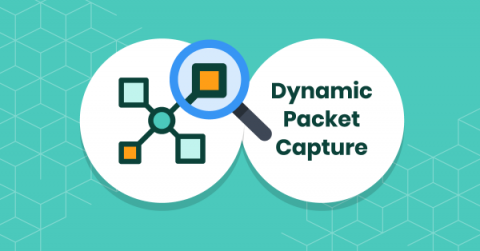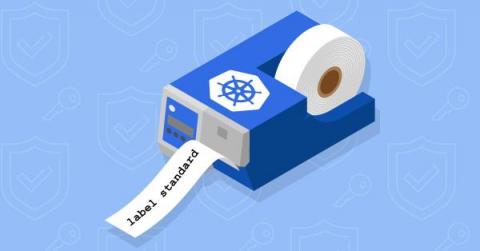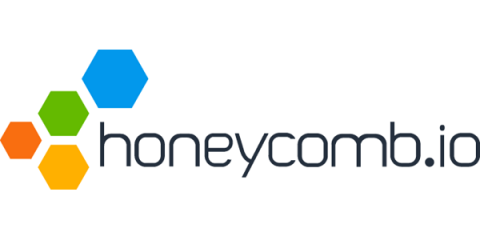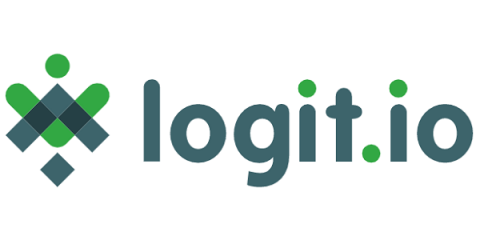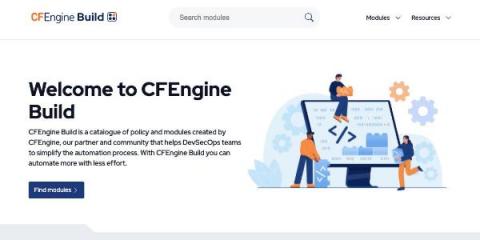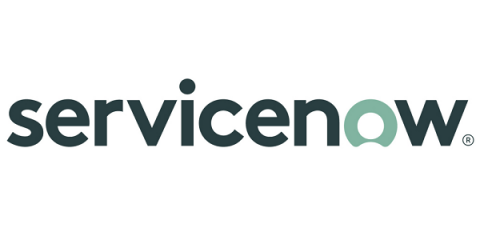Fast and simple troubleshooting with GUI-based Dynamic Packet Capture
With the Calico 3.10 release, Dynamic Packet Capture is available in Dynamic Service Graph. This means users who require self-service, live troubleshooting for microservices and Kubernetes workloads can capture and evaluate traffic packets on endpoints without writing a single line of code or using any 3rd-party troubleshooting tools. Users don’t need to learn about or have knowledge of kubectl or YAML to troubleshoot their microservices and Kubernetes cluster.


